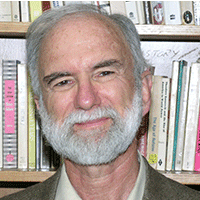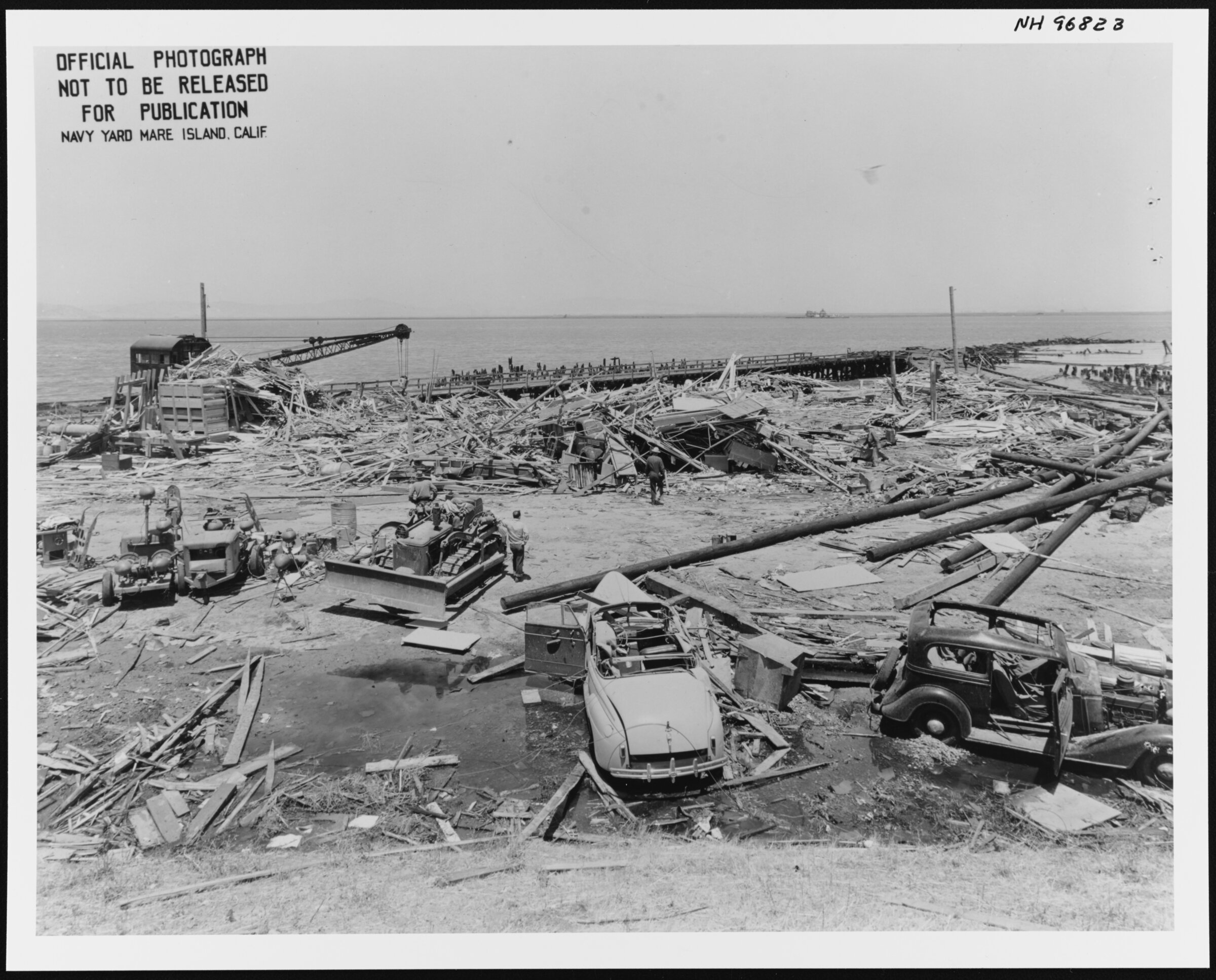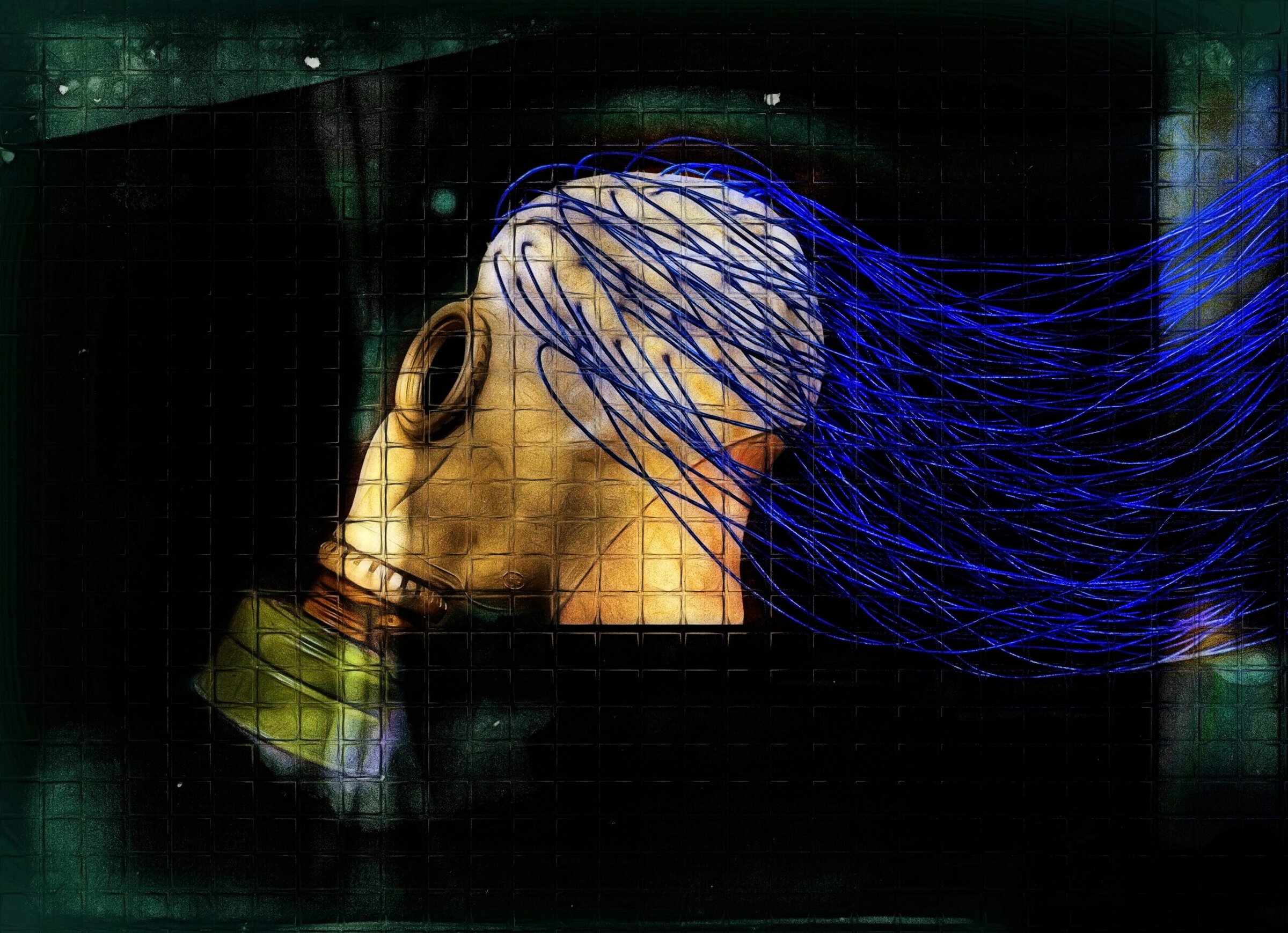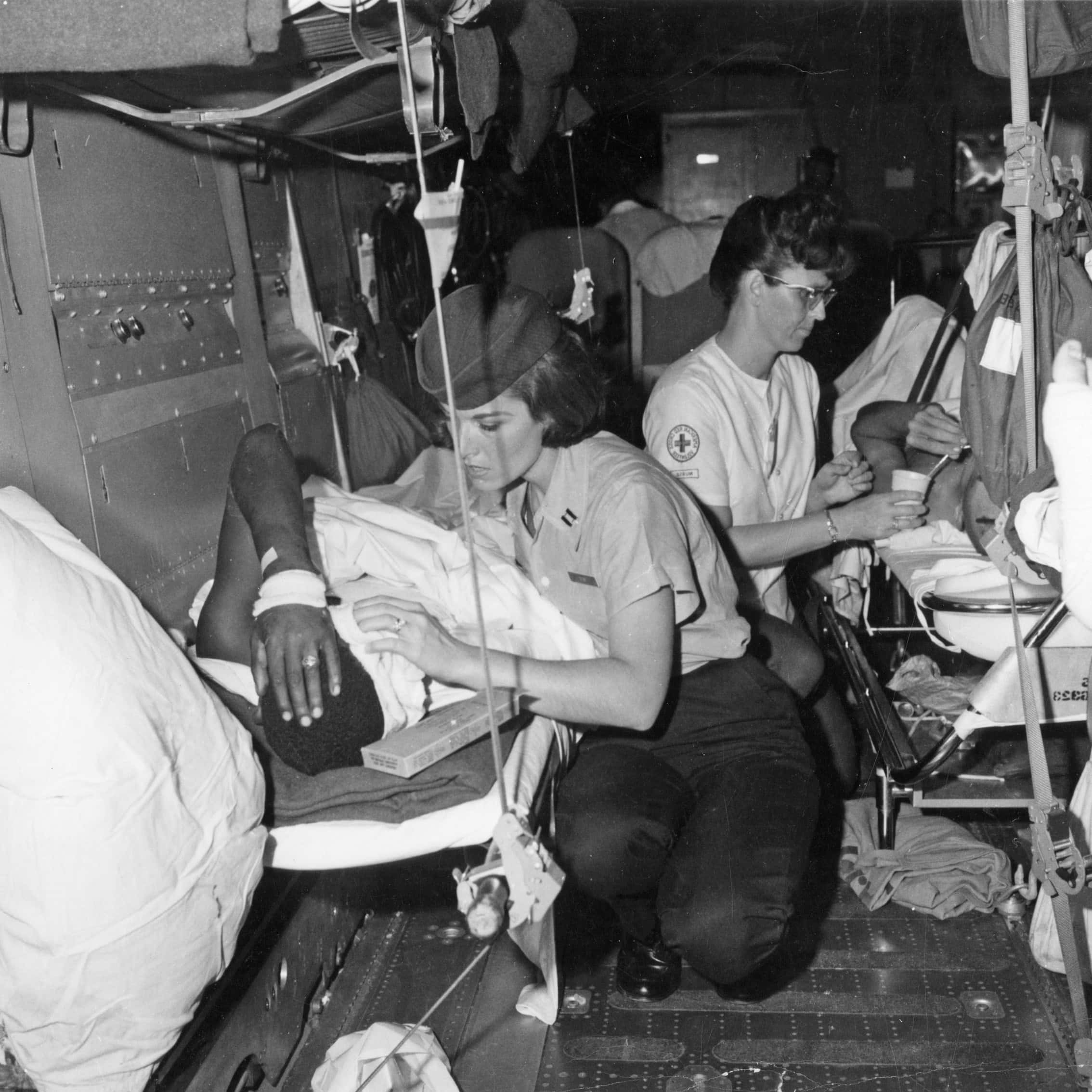We can all point to movies that impressed us greatly because they portrayed the horrors of war in memorable ways. All Quiet on the Western Front (1930) aroused strong international sentiment against war in the 1930s. Paths of Glory (1957), also about the First World War, depicted flawed military leadership in the French army. Schindler’s List (1993) gave searing portrayals of genocide in World War II and Saving Private Ryan (1998) made the cinematic depiction of that combat seem extraordinarily realistic. Apocalypse Now (1979) remains an influential statement on the madness of war (with apparent references to the Vietnam conflict).
Less familiar to historians but quite familiar to Russians as well as movie buffs is the film that Denise J. Youngblood brings to our attention: Come and See (1985). It is one of the finest war films produced in the Soviet Union. Roger Ebert, a well-known film expert, called it “one of the most devastating films ever about anything, and in it, the survivors must envy the dead.” Ebert said he had “rarely seen a film more ruthless in its depiction of human evil.”
Come and See portrays the Nazi retreat from Belorussia in 1943, when the Germans practiced a scorched earth policy. It shows the attackers rounding up villagers and setting fire to the building in which they are held. A caption at the end of the film informs audiences that the Nazis massacred citizens in more than 600 Belarusian villages during the war.
The Masters at the Movies series invites historians who have achieved scholarly distinction to write about film. In many cases, as in this example of Denise Youngblood’s contribution, the writer focuses on a movie that seems especially important both for its sensitive portrayal of the past and its influence on the public’s thinking about history.
Denise J. Youngblood is professor of history at the University of Vermont where she has served as department chair and vice provost for faculty and academic affairs. A specialist in Soviet cultural politics, she has written extensively on the Russian and Soviet film industry. Her most recent books are Russian War Films: On the Cinema Front, 1914–2005 (2007) and Cinematic Cold War: The American and Soviet Struggle for Hearts and Minds, with Tony Snow (2010).



